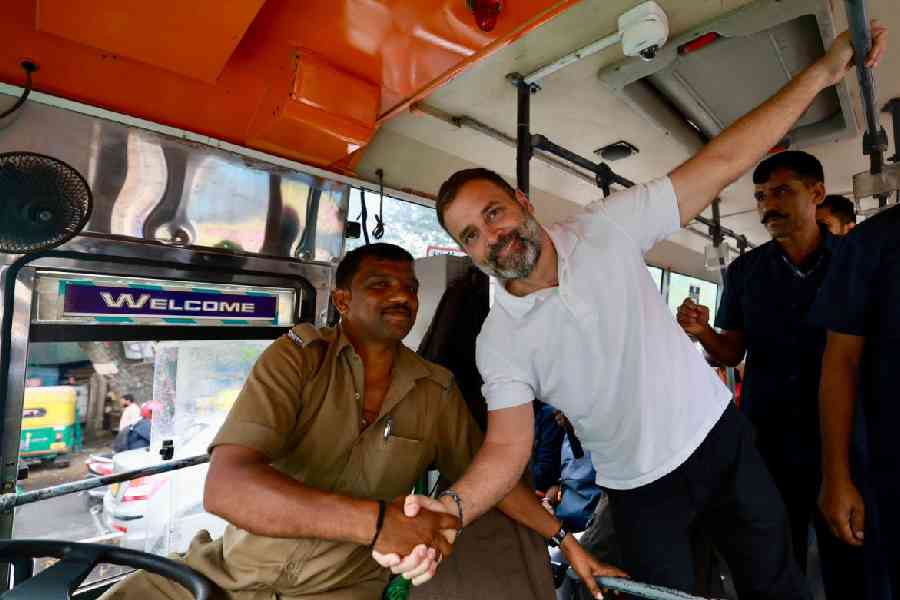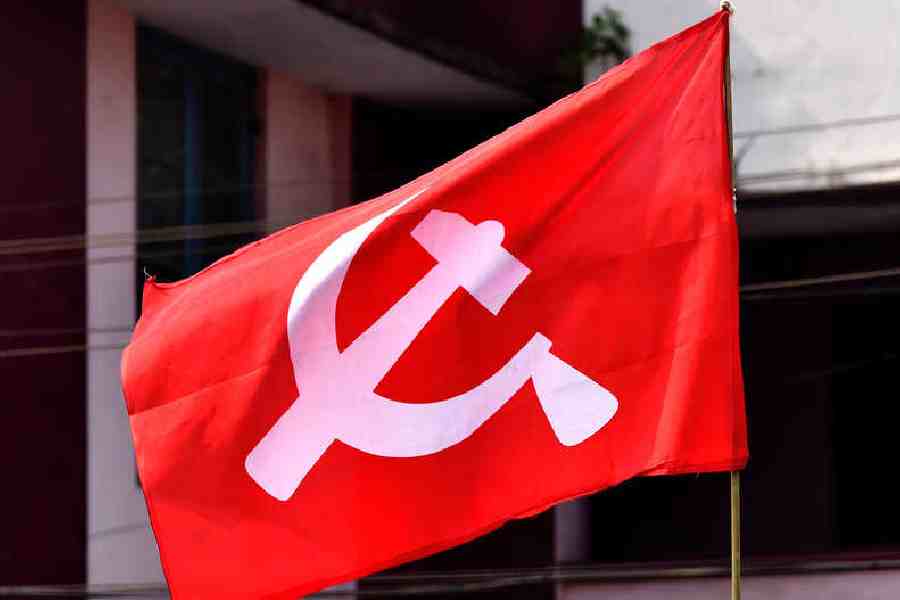Campaigning ended on Monday evening in Karnataka, setting the stage for an electoral battle where the BJP’s knack for beating anti-incumbency by deploying Hindutva and Narendra Modi’s personal charisma will be tested by a resurgent Congress and its focus on economic and livelihood issues.
While Karnataka is a very important state on its own, the timing and nature of the Assembly election make it a bellwether for national politics at large. A Congress victory will be a huge morale booster for the Opposition, encouraging it to believe that the outcome of the 2024 general election is still open.
A BJP victory will reinforce the perception about Narendra Modi’s invincibility and might make the forging of Opposition unity a more challenging task.
Aware of the importance of the occasion, the Congress has thrown everything it has into the battle, delivering a powerful and disciplined campaign despite a few minor hiccups.
A determined Congress leadership largely avoided getting sucked into the vortex of emotive issues and focused its campaign on corruption and bread-and-butter concerns.
The Congress set the tone for the electoral discourse by steadfastly playing up the “40 per cent” plank — the allegation that BJP ministers demand a 40 per cent commission to clear contractors’ bills.
An exodus of key leaders handed the BJP a setback in the perception war, prompting it to bank even more on Modi as the central figure of its campaign despite the party largely owing to local strongman B.S. Yediyurappa whatever past success it has achieved in the state.
The BJP understood that the sidelining of Yediyurappa — apart from veterans Jagdish Shettar and Laxman Savadi defecting to the Congress — would hurt its Lingayat vote bank (all three leaders are from the community).
It, therefore, tried to widen its support base by invoking Hindutva, hoping it would override caste fault lines. And it attempted to build its entire campaign around Modi.
This was a repeat of an experiment the BJP had conducted successfully in the north and the west, riding on the Hindu voter who is swayed more by nationalist rhetoric than local factors.
In a state where the hijab ban and strident rhetoric on “love jihad” had already created an atmosphere of polarisation, the BJP government scrapped the reservation for Muslims to try and send a message to Hindus.
The Congress chose economic rather than religious issues. The party tried to strike a chord with the poor directly by offering five “guarantees” on bread-and-butter issues: free power, free rice, free bus rides for women, and monthly doles for women heads of households and educated but jobless youths.
Modi, who seemed unable to effectively handle the “40 per cent commission” charge, appeared to have no answer to the Congress’s welfare package, either.
He dismissed the guarantees as a “bundle of lies” but the Congress had built safeguards against such propaganda by establishing credible welfare delivery mechanisms in the states it rules — Rajasthan, Chhattisgarh and Himachal Pradesh.
To many, the Prime Minister’s fulminations — such as his appeal to people to cast their votes chanting Bajrang Bali’s name, and his equating of the Bajrang Dal withHanuman — seemed to betray frustration. Modi kept moving on to newer issues, such as the film The Kerala Story and the Congress’s tweet about Karnataka’s “sovereignty”.
As all other BJP leaders kept stressing that Karnataka needed Modi’s “blessings” to flourish, the Prime Minister continually mixed politics with religion and avoided engagement on economic and livelihood concerns.
If Modi’s tactics indeed succeed in scripting a BJP victory, the Congress will be left wondering whether a welfare agenda can ever defeat majoritarian rhetoric.
In contrast to the BJP, the Congress presented an attractive local package in P.C. Siddaramaiah and D.K. Shivakumar, bolstered by party national president Mallikarjun Kharge who belongs to Karnataka.
The party was deft in its management of the rivalry between Siddaramaiah and Shivakumar, convincing them that unity of purpose was critical to its strategy.
If the Congress does pull it off, it will embolden a united Opposition to mount a credible challenge to Modi in 2024, with the Grand Old Party playing a pivotal role.
If the Congress loses, Opposition cohesion may be hit, handing the BJP a boost ahead of the 2024 battle.












